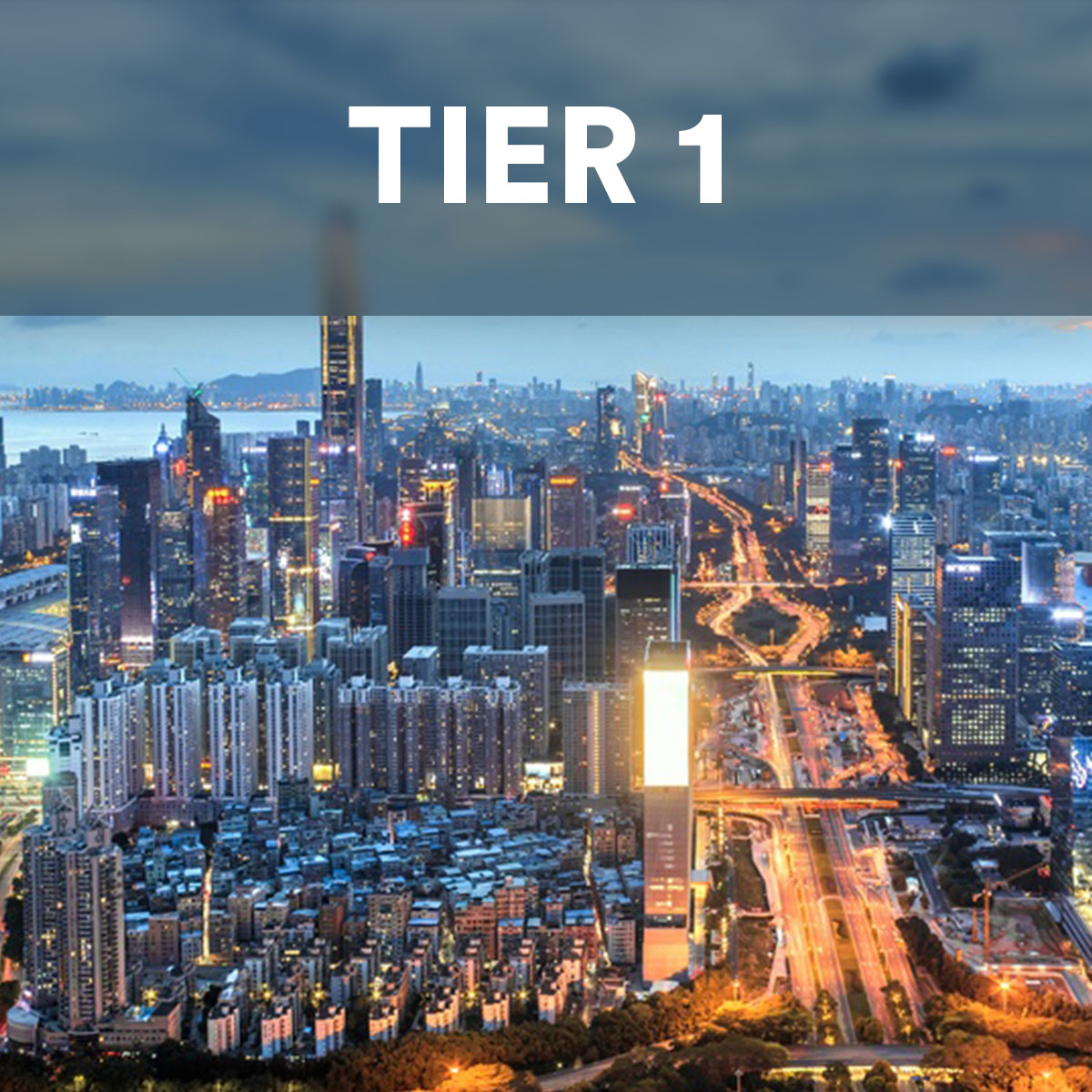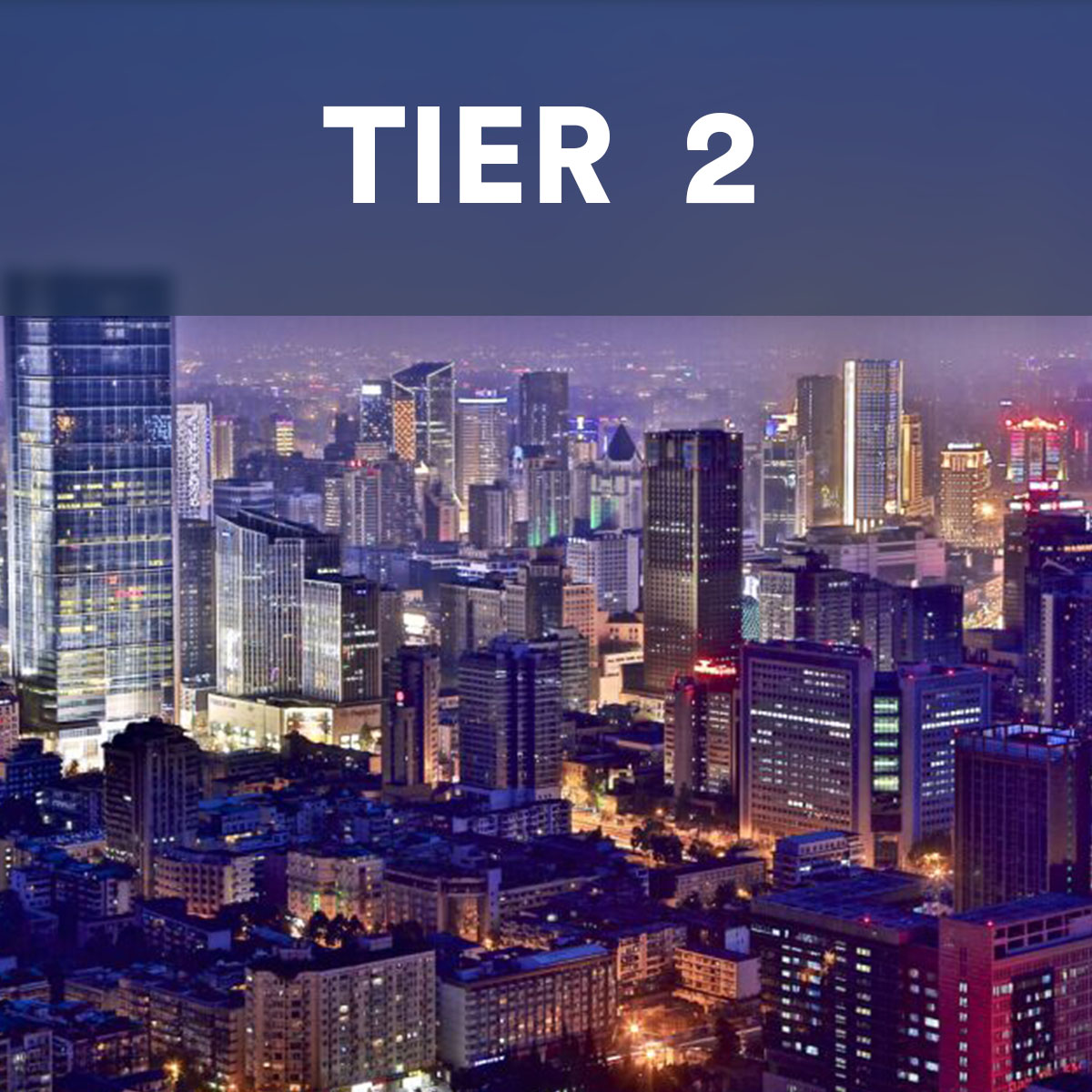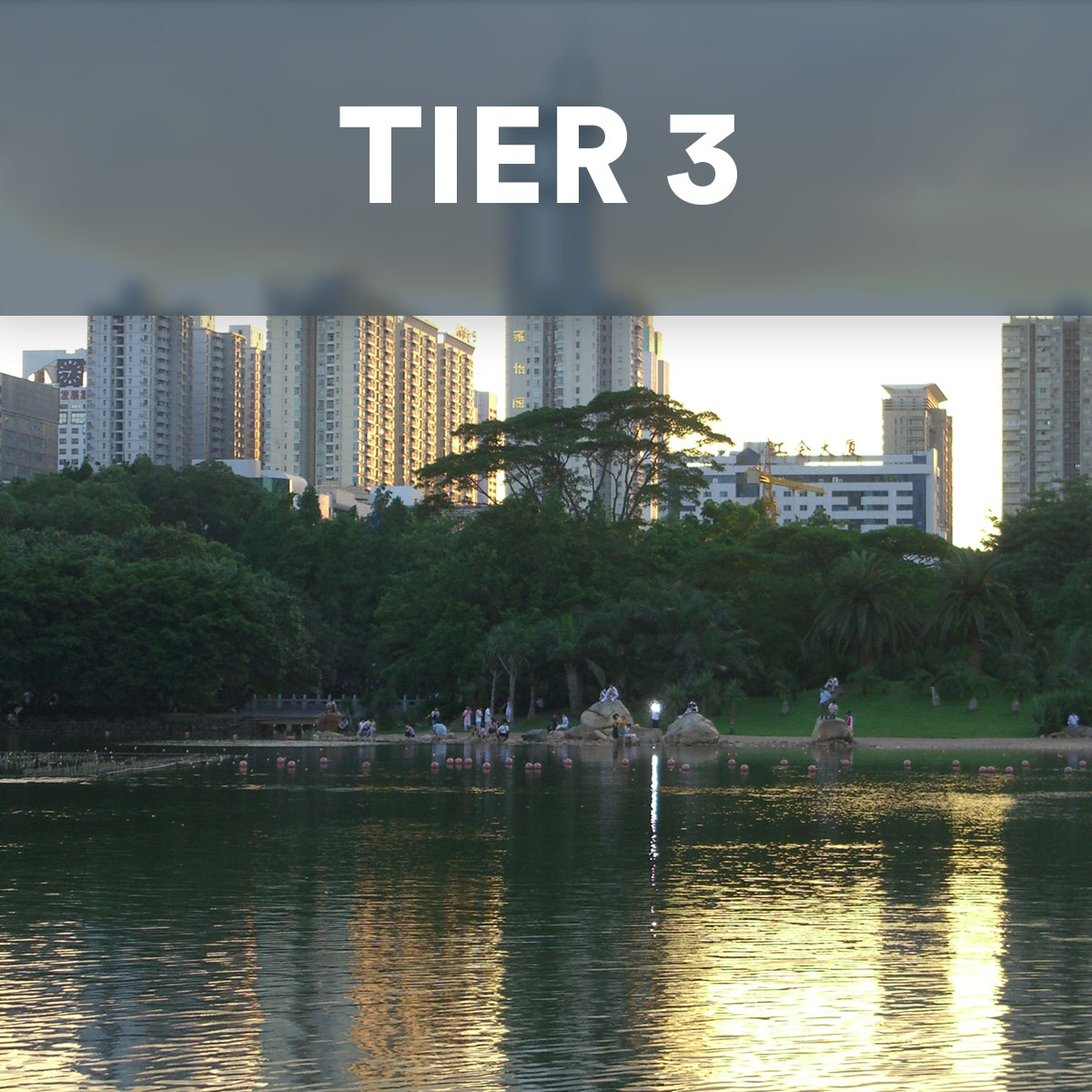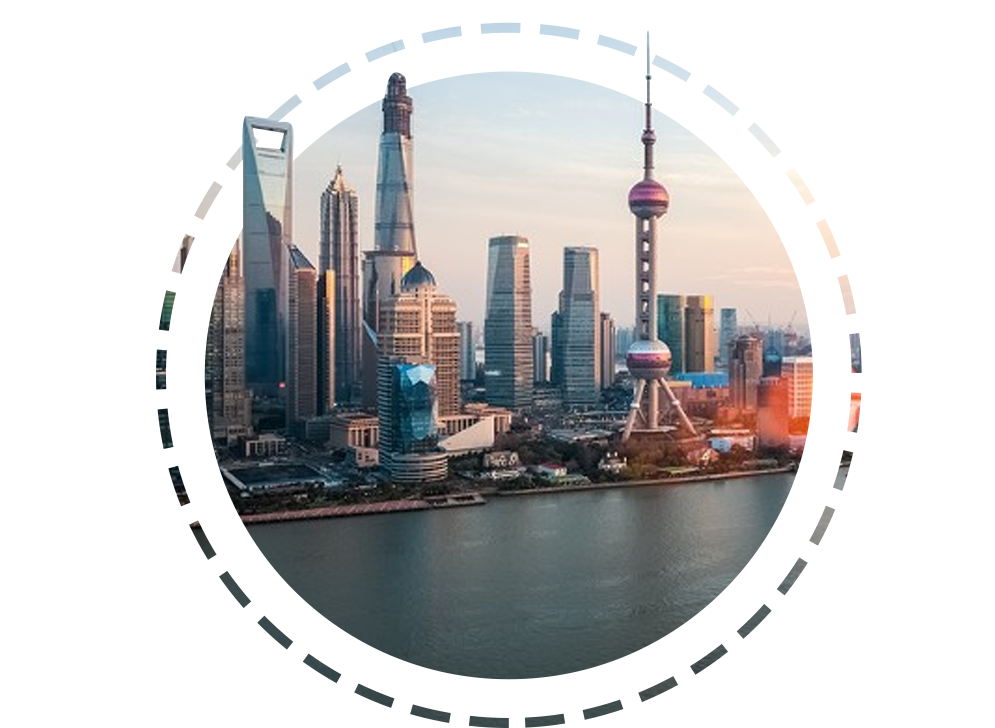

Tier 1 cities represent the most advanced regions of the country, often considered as the megapolises of China with tremendous economic, cultural and political influences. These stand head above the competition and include some of the country’s most famous areas including the capital Beijing, and other cities like Shanghai, Shenzhen. Tier 1 cities attract great attention from foreign businesses due to higher income levels.
- Along with Guangzhou, they make up the four cities which qualify for tier one
- Directly controlled by China’s Administration Centre
- The population is more than 15 million in these areas
- Higher income than the national average
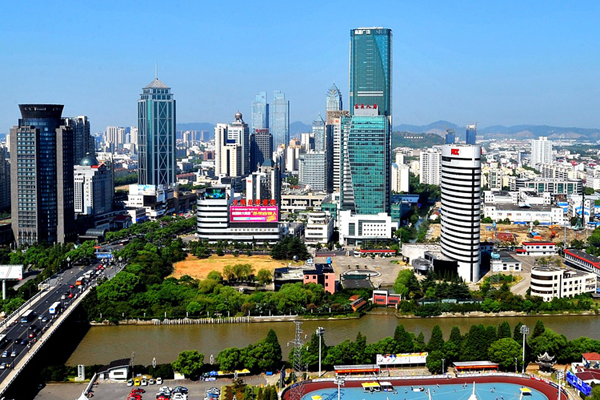
RENT AND UTILITIES
For ESL teachers the housing is almost always provided by the schools with a few exceptions when schools rather pay a stipend that you can use to find your own housing. If you are renting your own room or apartment, then this will be your biggest outlay each month other than the basic monthly utilities including water, heating, electricity and internet. The cost varies from city and should be a factor in mind.
- Cost of Renting a private apartment in the city centre: 5000 RMB
- Cost of Renting a shared apartment in the city centre: 2000 – 3000 RMB
- Cost of Renting a private apartment in the Countryside: 2000 – 3000 RMB
- The utility bills in a Tier 1 city is roughly around 150 RMB per month.
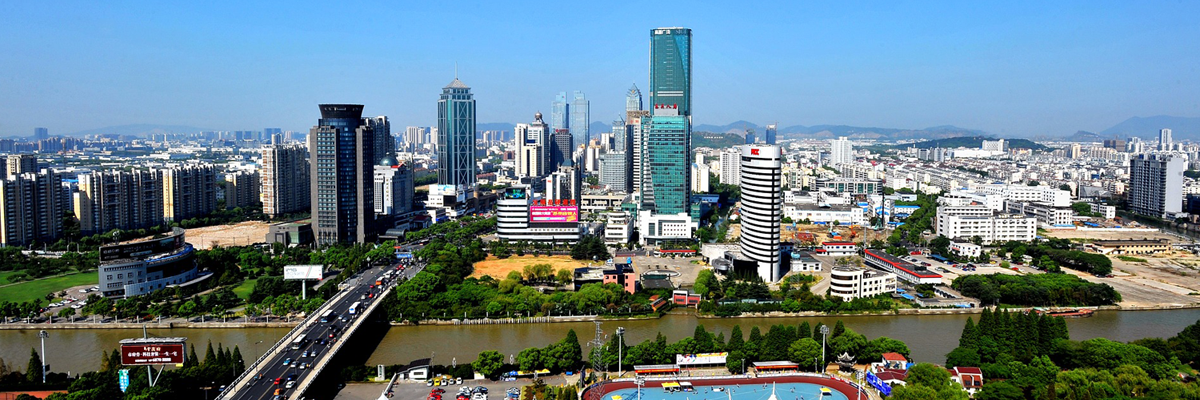
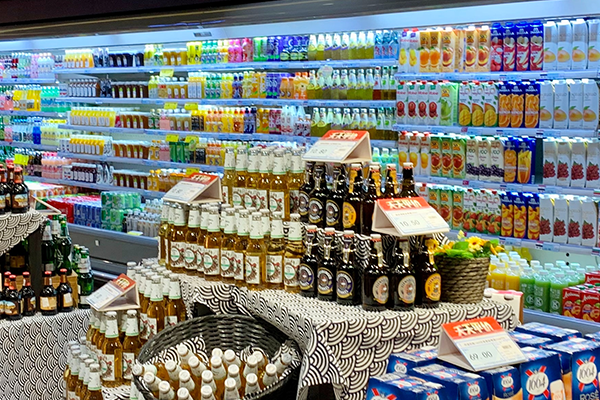
Grocery
Depending on where you live, you’ll encounter all sorts of big shopping centres in China. Most of the stores have a section for westerners if you have a craving for a favourite product you get at home and should also be able to find the toiletries you use back at home. However, a part of living in a new country is to try new things and such you should apply that to your grocery shopping as well.
- Fruits and Vegetables- 100 RMB
- Dairy- 150 RMB
- Toiletries- 50 RMB
- Other grocery items- 100 – 200 RMB
- Beer- 5 RMB per can
- Wine- 50 – 60 RMB per bottle
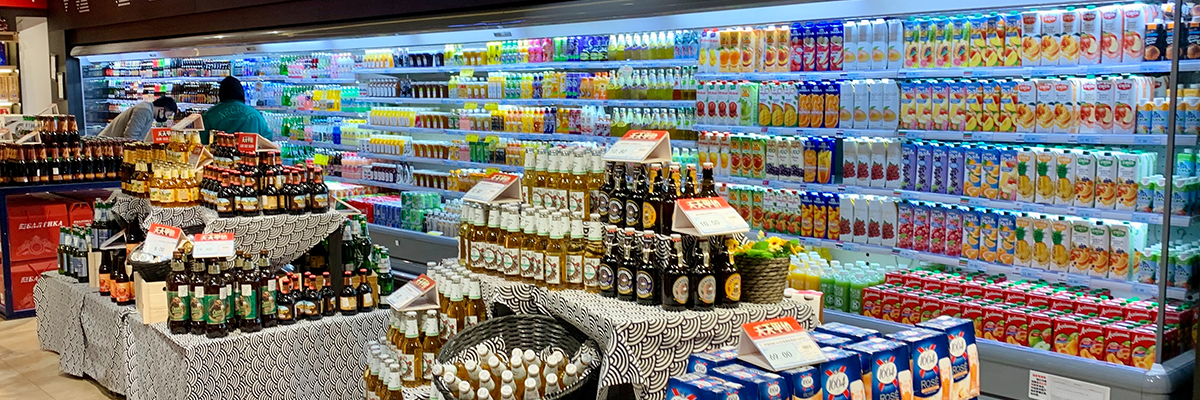
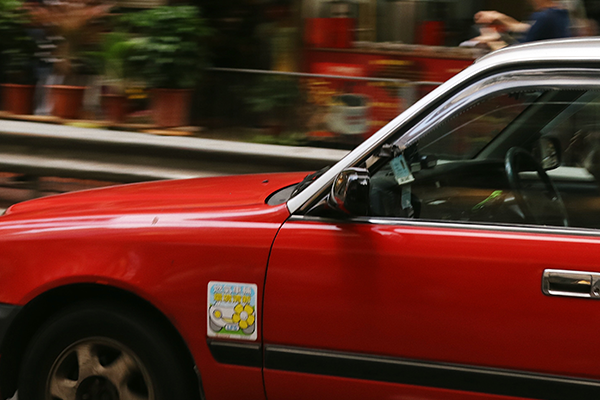
Transportation
The transport in China is cheap, efficient and very modern. It is easy to get around with diverse choice of local transport including extensive bus network, subway metro systems, taxis and other local transport such as motor pedicabs. All the large regional cities are connected with trains and numerous high-speed rail services.
- Taxi/Didi: 16 RMB Base Fare + 2.2 RMB/km
- Metro: 4 RMB
- Bus: 2 RMB/trip
- High Speed Train: Shanghai to Beijing (1070 km) in Standard class is 450 RMB, Premium class is 750 RMB and Business class is 1500 RMB

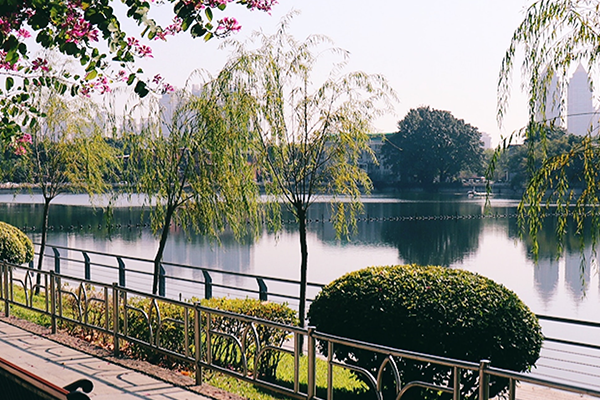
Leisure Activities
When it comes to entertainment there are numerous options in China as people have more disposable income. All the cities have a wide selection of activities to choose from depending on the interest and taste. Cinemas which feature newly released English Language films, foreign bars and clubs with reasonable prices for drinks, getting a gym membership, visiting historical, cultural and scenic sites. Also, people hardly cook food at home and prefer to dine out or order a delivery.
- Eating in a restaurant: 3000 RMB
- Food delivery: 1500 RMB
- Movies: 40 RMB
- Museums: Free entry
- Park: Free entry to most of the parks
- Scenic Spots: 100 – 200 RMB each entry
- Bars and Clubs: 200 RMB (average)
- Gym membership: 150 – 200 RMB
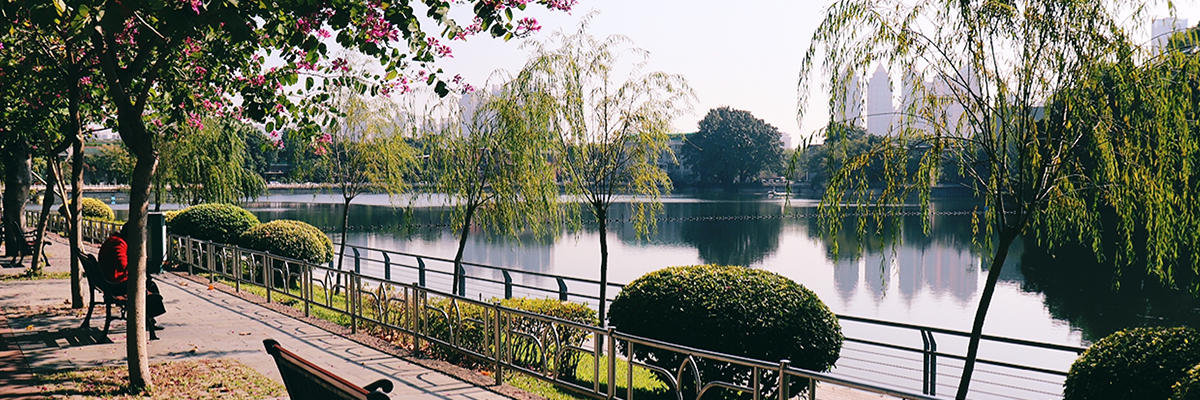
All the figures in the table are approximate only and can vary

